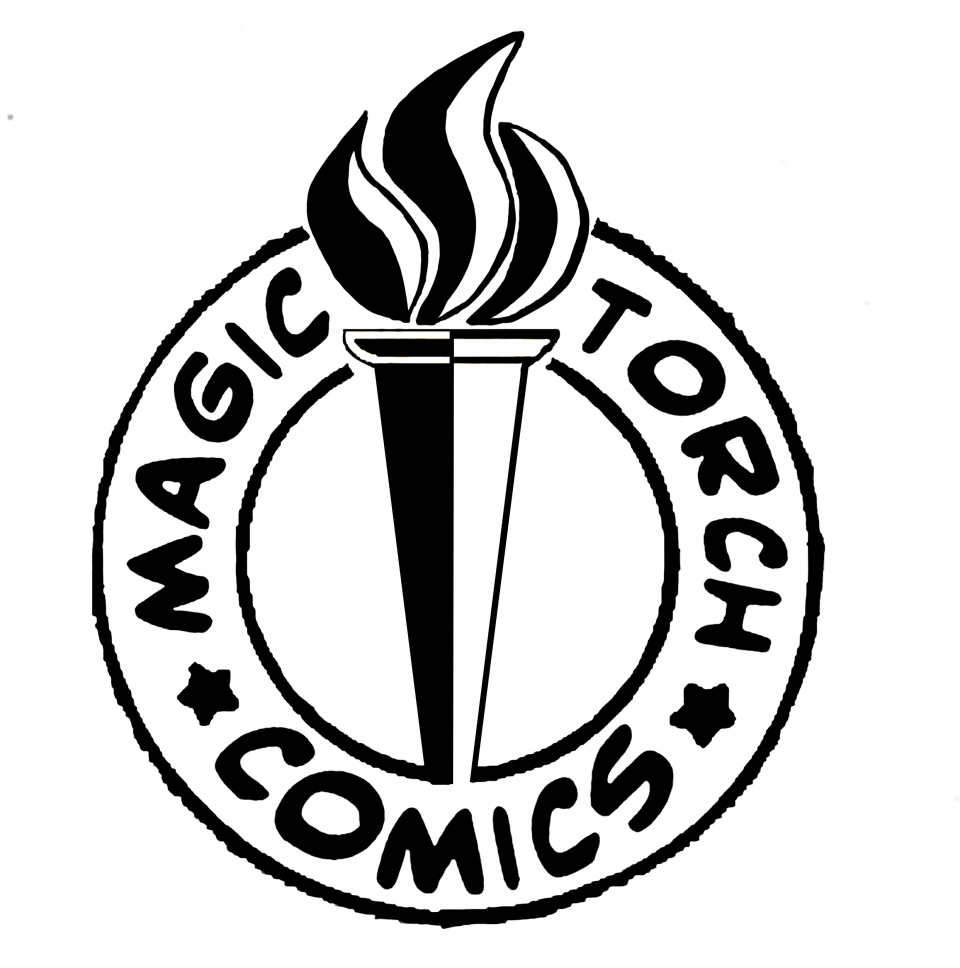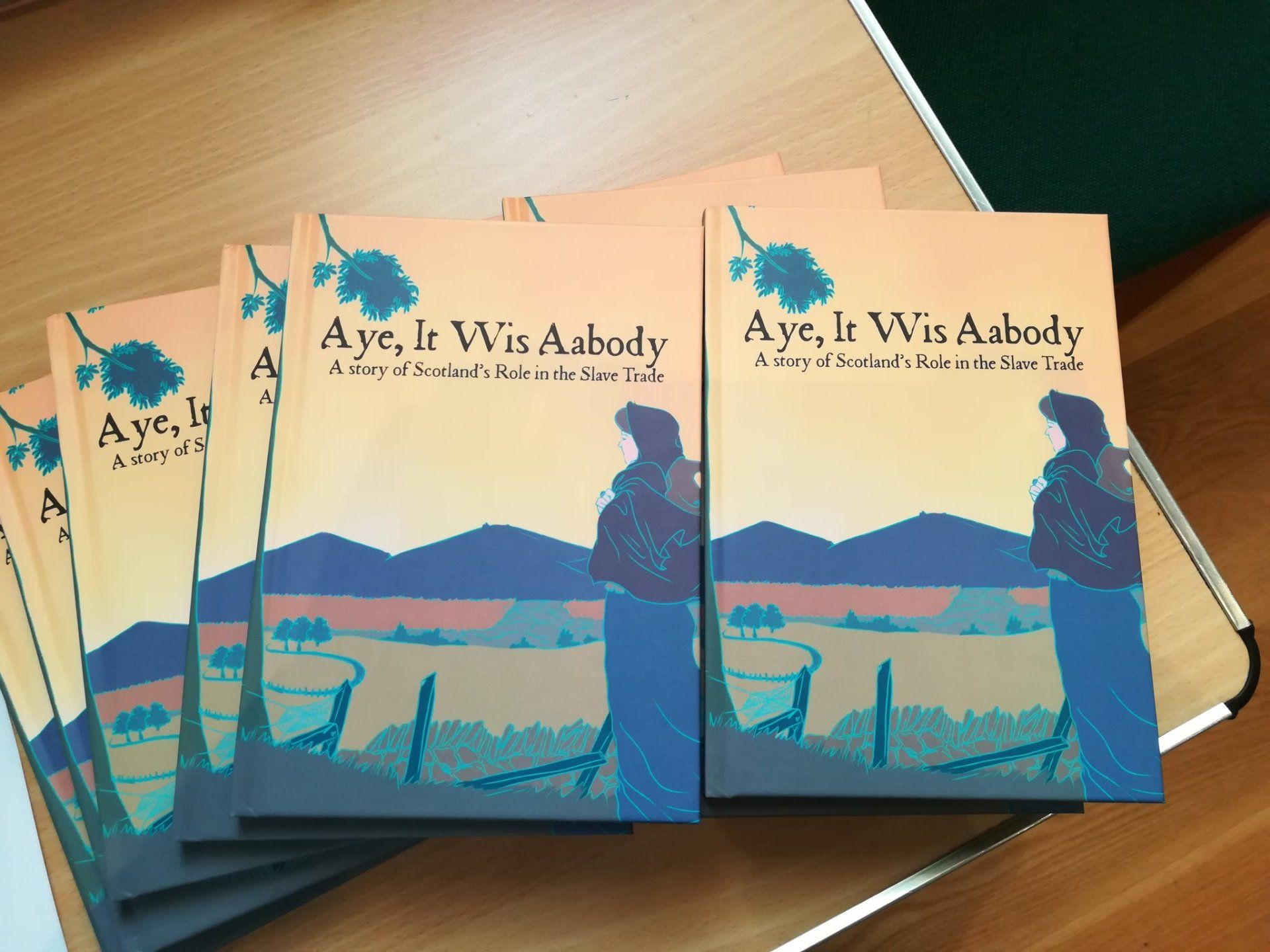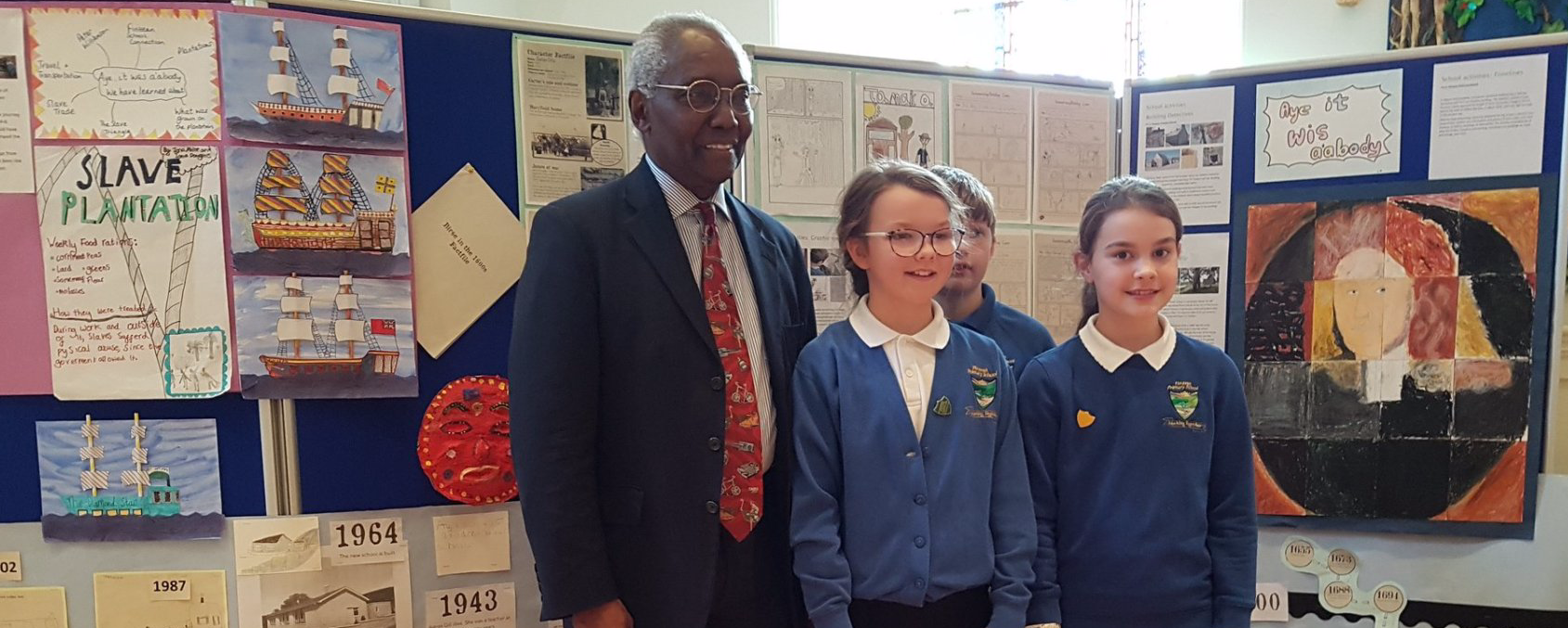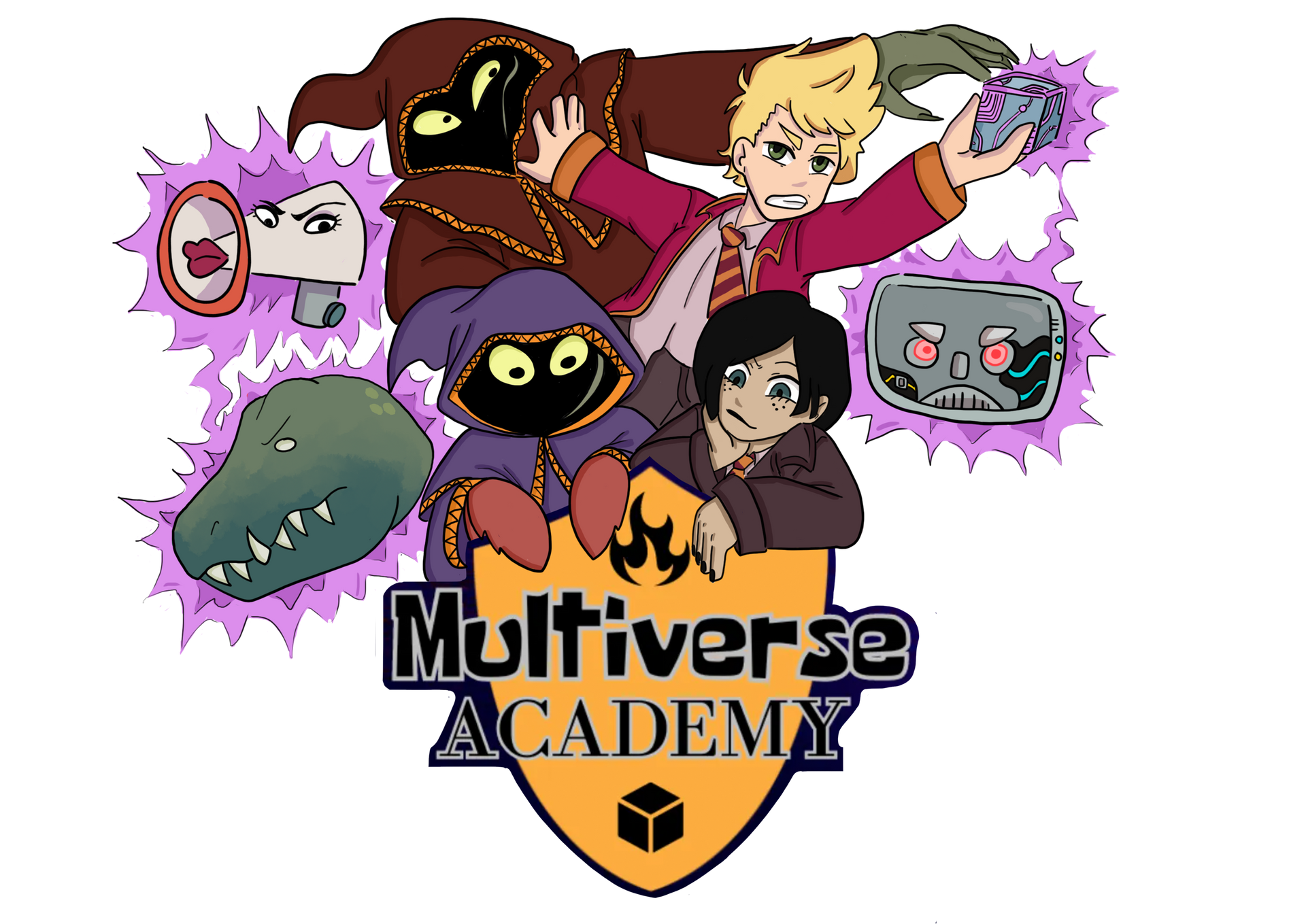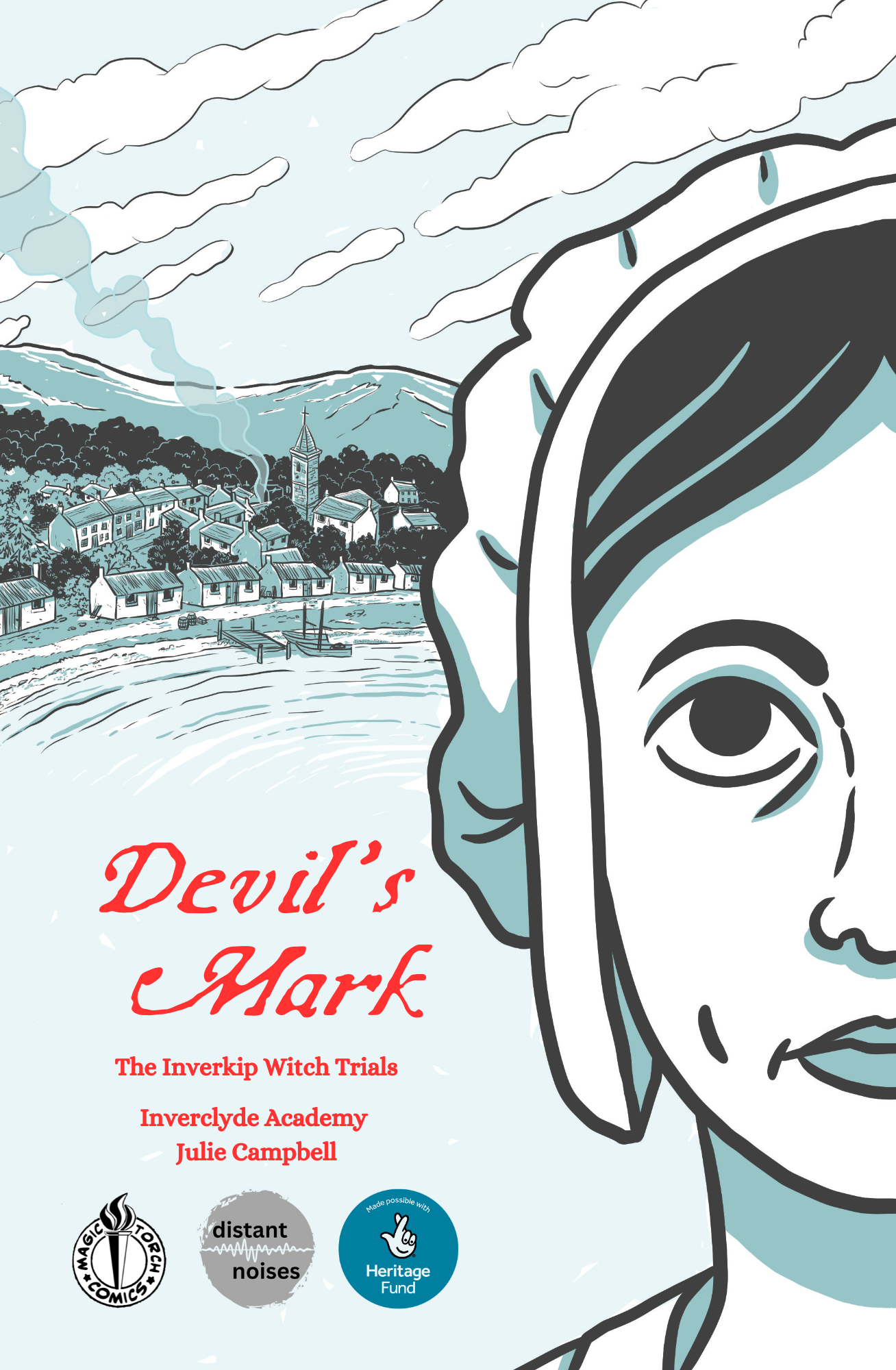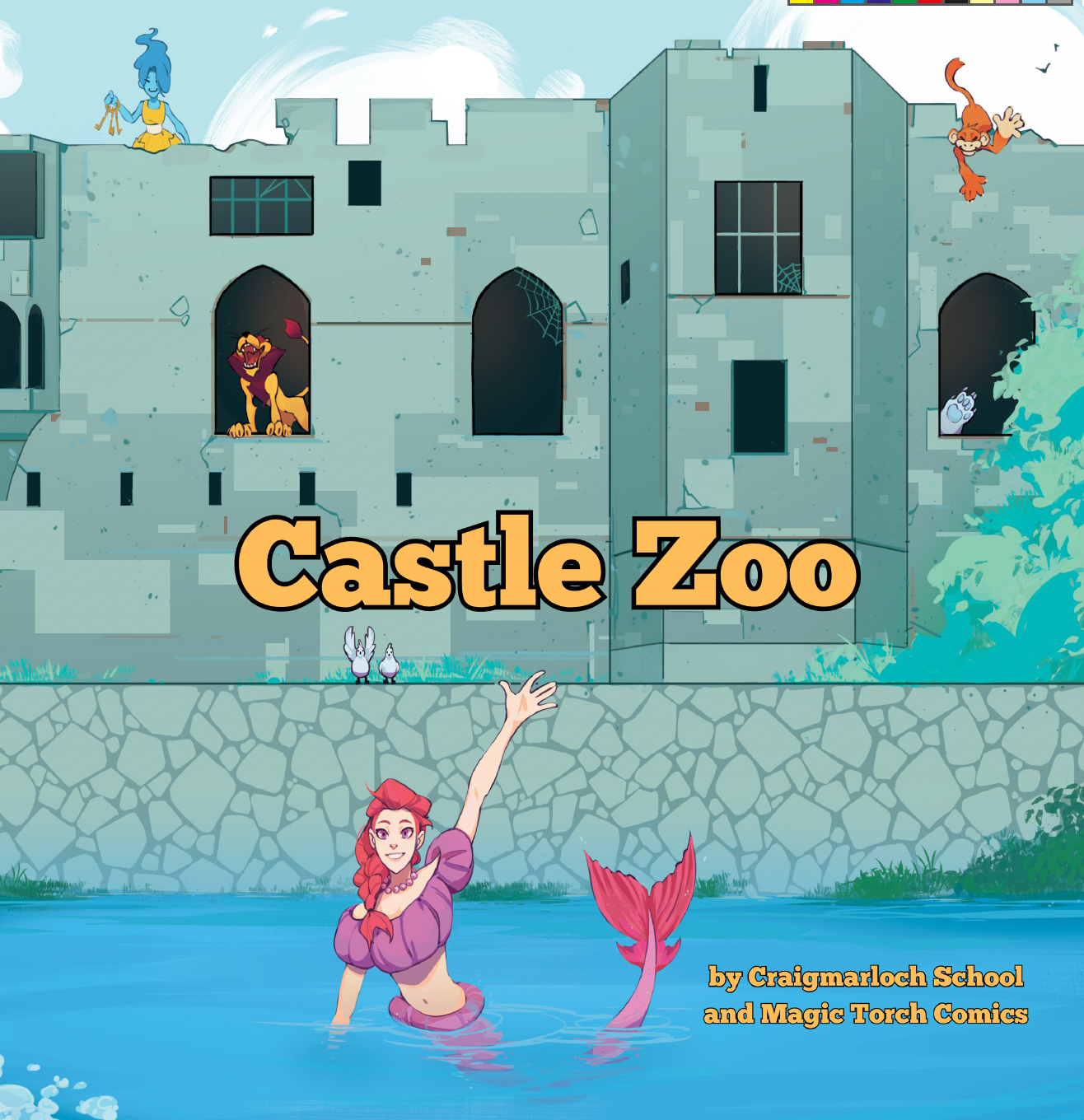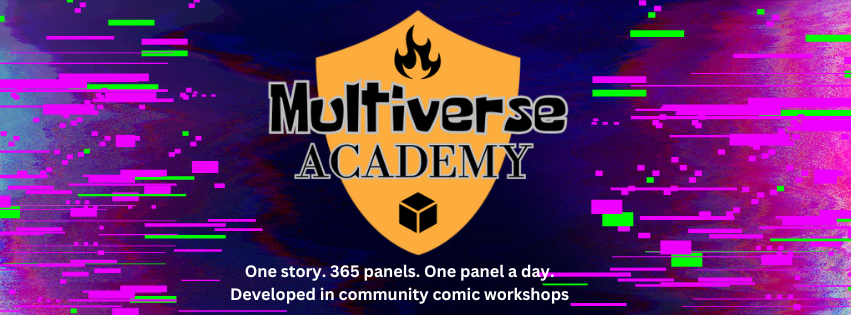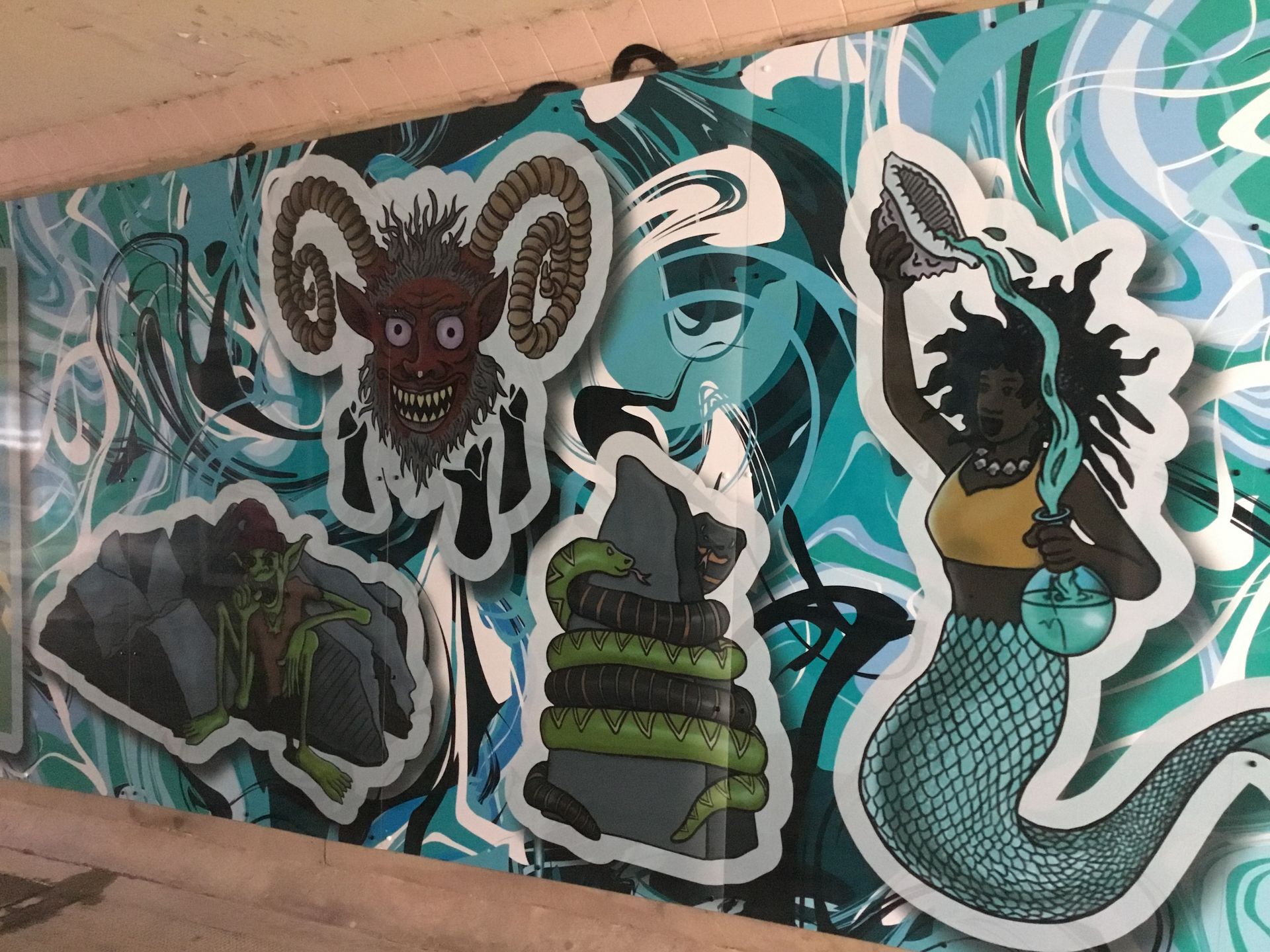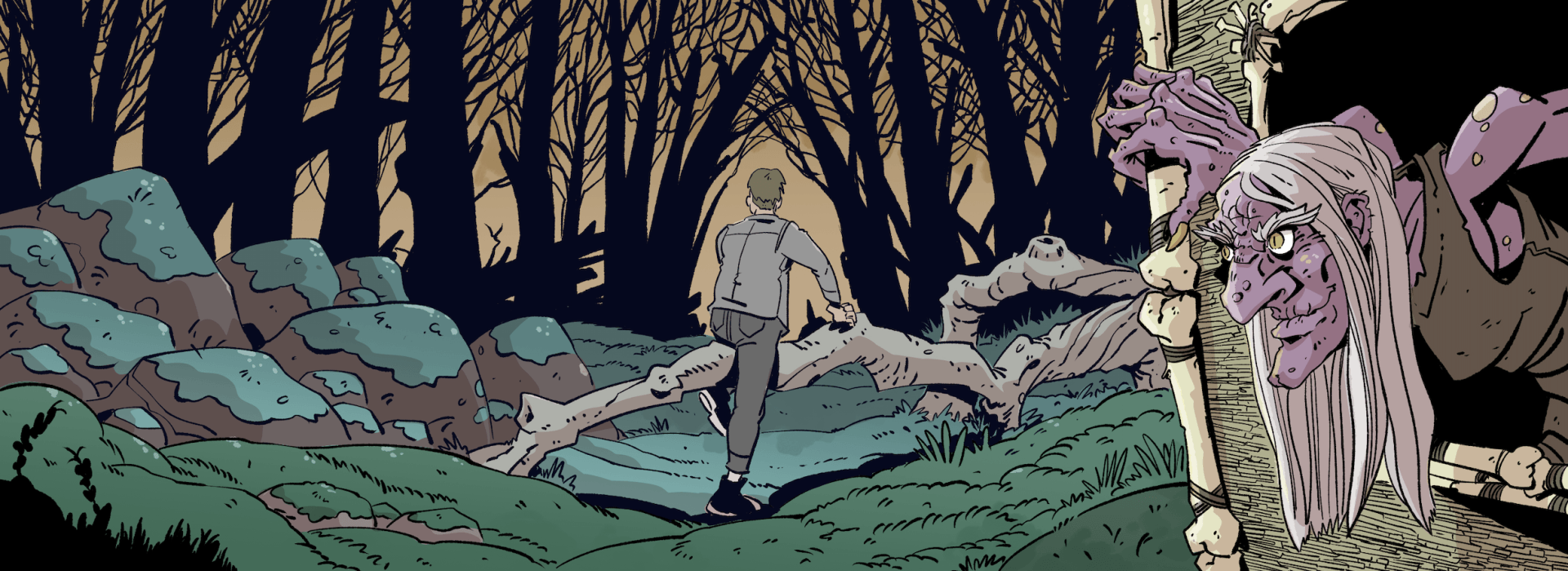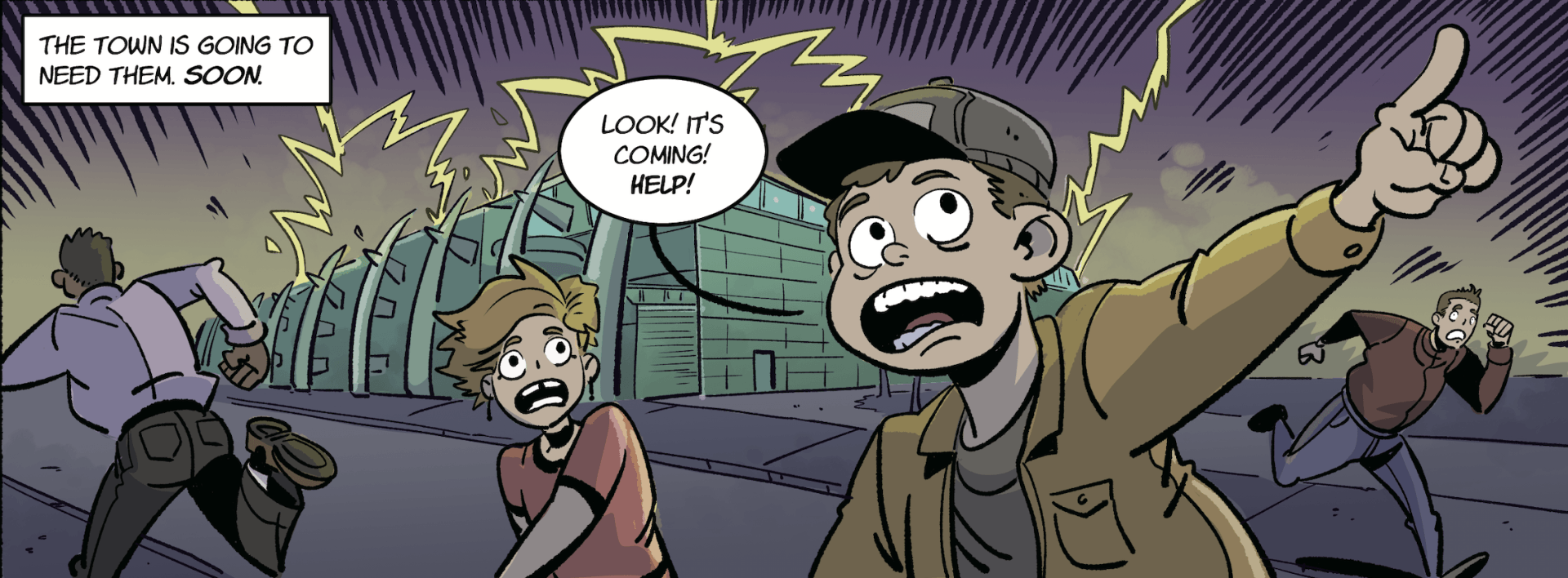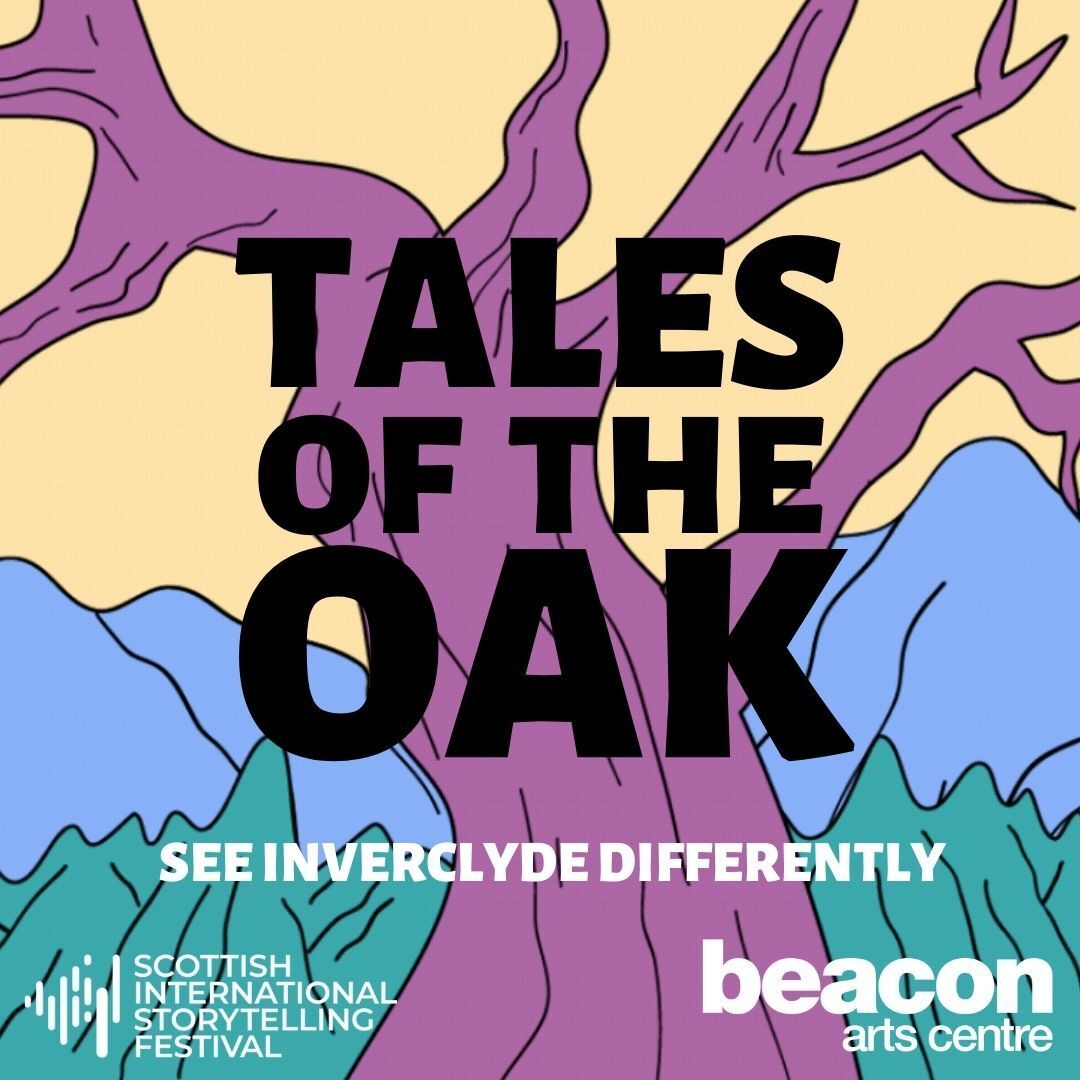Aye, It WIs Aabody
Paul Bristow • April 24, 2020
A Story of Scotland's Role in the Slave Trade
Earlier in the year, we worked with Birse Community Trust and Finzean Primary School on a fascinating project exploring the realities of Scotland’s role within the slave trade. Aye, it Wis Aabody is funded by Heritage Lottery Fund and Aberdeen Council, and it investigated the links between Birse and chattel slavery in the Caribbean. In particular, the project focussed on the establishment of Finzean Primary School (then Bankhead Endowed School) in 1732, with funds from the sale of enslaved people in Barbados.
The project was supported by Professor Sir Geoff Palmer OBE who is widely recognised for his work as a human rights activist, as well as being Jamaica’s Hon Consul in Scotland and Professor Emeritus in the School of Life Sciences at Heriot-Watt University.
With the help of the community heritage group, pupils in Finzean explored the history of the school, the lives of past pupils and links with the Caribbean over the centuries. They also studied the slave trade and its legacies and made contact with Sir Geoff’s former primary school in Kingston to learn more about their shared history with Jamaica.
We feel genuinely privileged to have worked on this project – and it was great to work alongside Sian Loftus from Birse Community Trust and Matthew Lee from Aberdeen University on refining the script. The BCT team developed lots of additional historical material for the book to allow people to delve further into the story. The book invites other communities to begin to explore their own areas connections to the slave trade too.
For us, the challenge was to find a way that we could tell the story in a voice that we felt was appropriate but still legitimate. It is clearly not our place to adopt the voice of enslaved people, so instead, we chose to focus on Scotland’s ongoing conversation with itself over the reality of our connections to the slave trade. A personification of Scotland narrates the story, questioning the readers as we question ourselves. Too many folk are still inclined to dismiss Scotland’s shameful part in the slave trade and the realities of how much it helped build our economy, everywhere from cities to villages – “It was a different time”. It was. But that does not excuse it. It is a matter of historical record. And if ever there was a time to be learning lessons from history, it is here and now. We are pleased to have been able to be a small part of that conversation.
Aye, It Wis Aabody will be distributed to every primary school in Aberdeenshire, every pupil at a partner school in Jamaica and will be available online.
MTC Project Blog

Earlier this month, we were asked to produce some artwork for the Afrowegian Project , imagining an Afro-Futurist version of the story of real world cycling superhero, Marshall 'Major' Taylor. The comic display panels form part of an exhibition by the riverside in Glasgow throughout October. You can read more about the work of the project and how to get involved. We're looking forward to doing some more collaborative work with Afrowegian's Jim Muotone, down in Inverclyde over the next few months.
